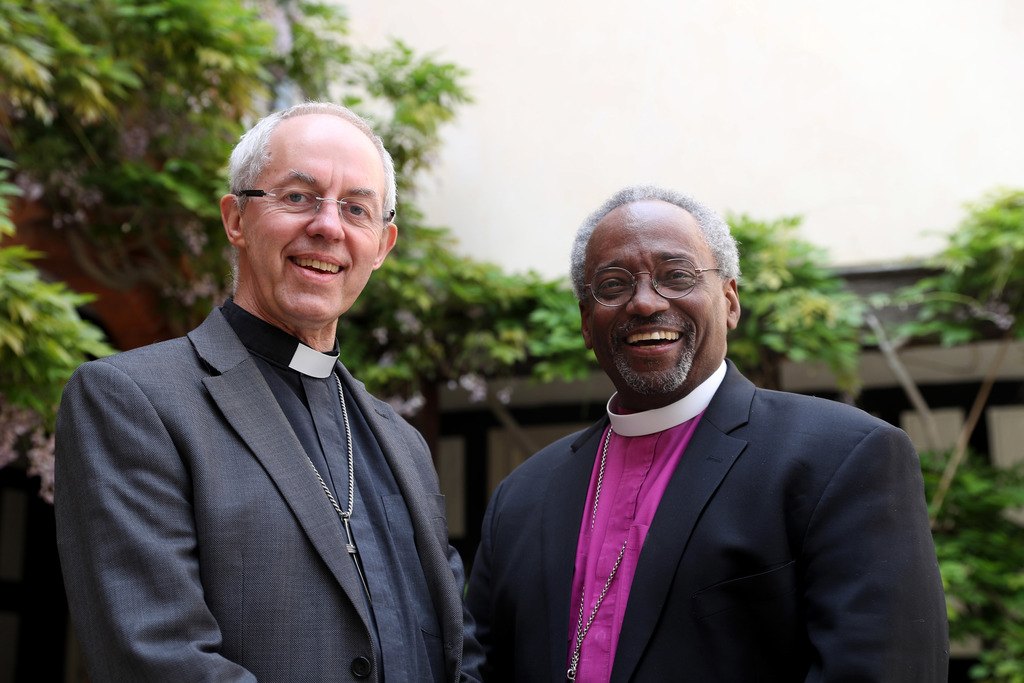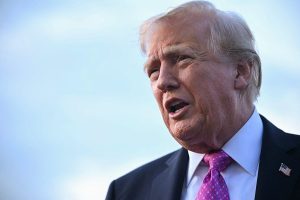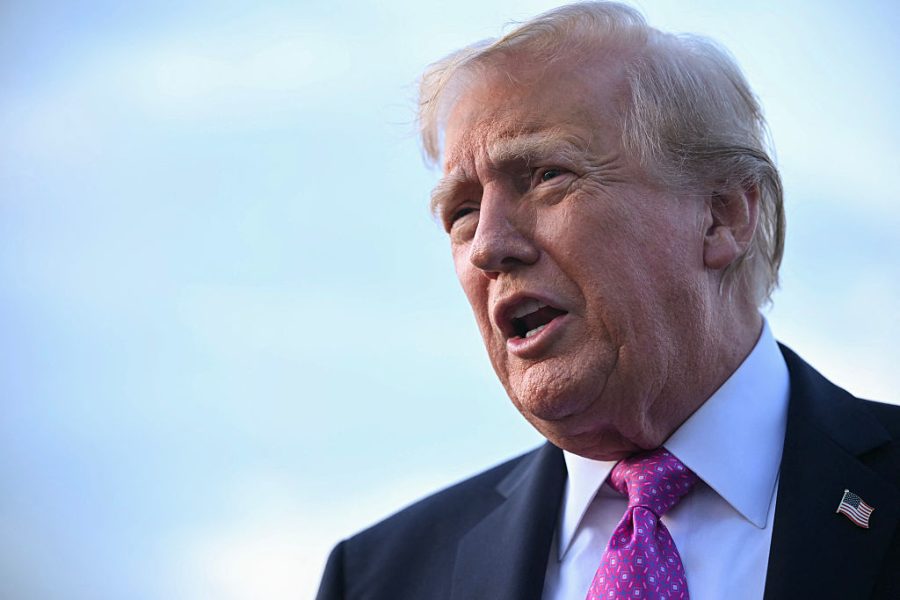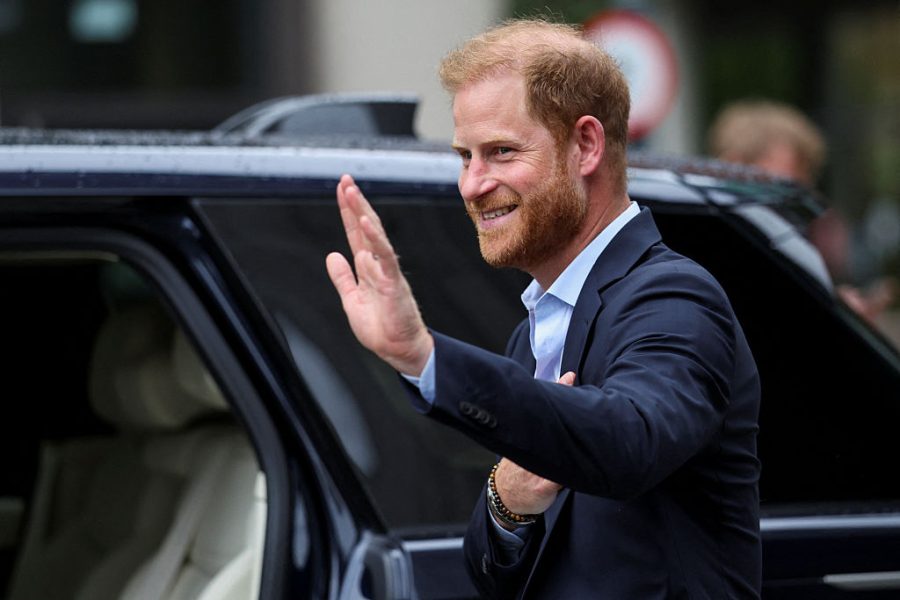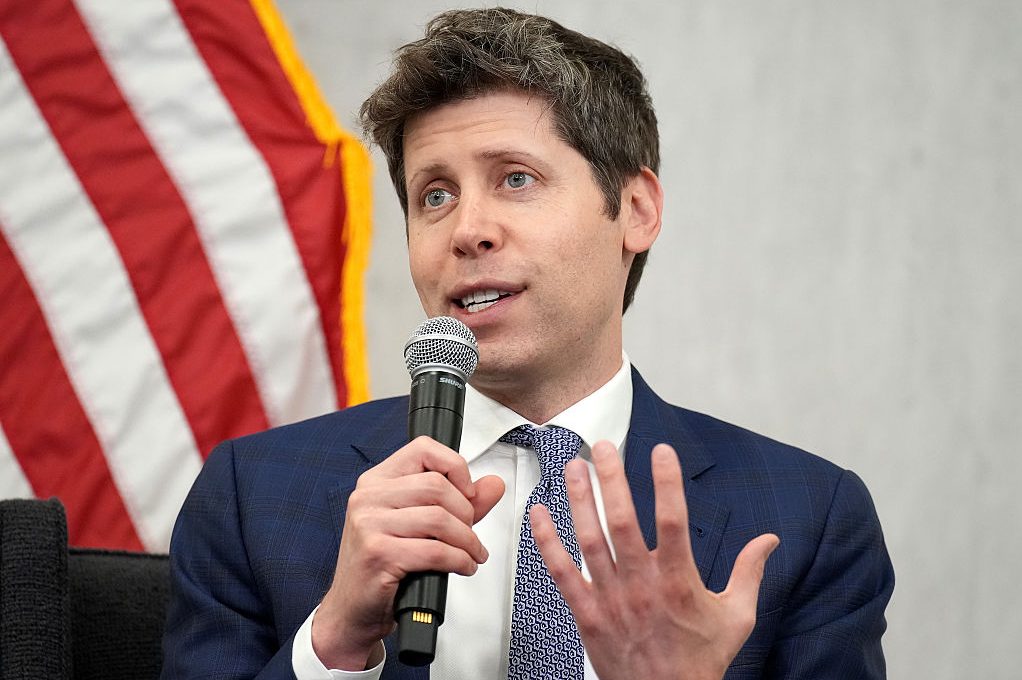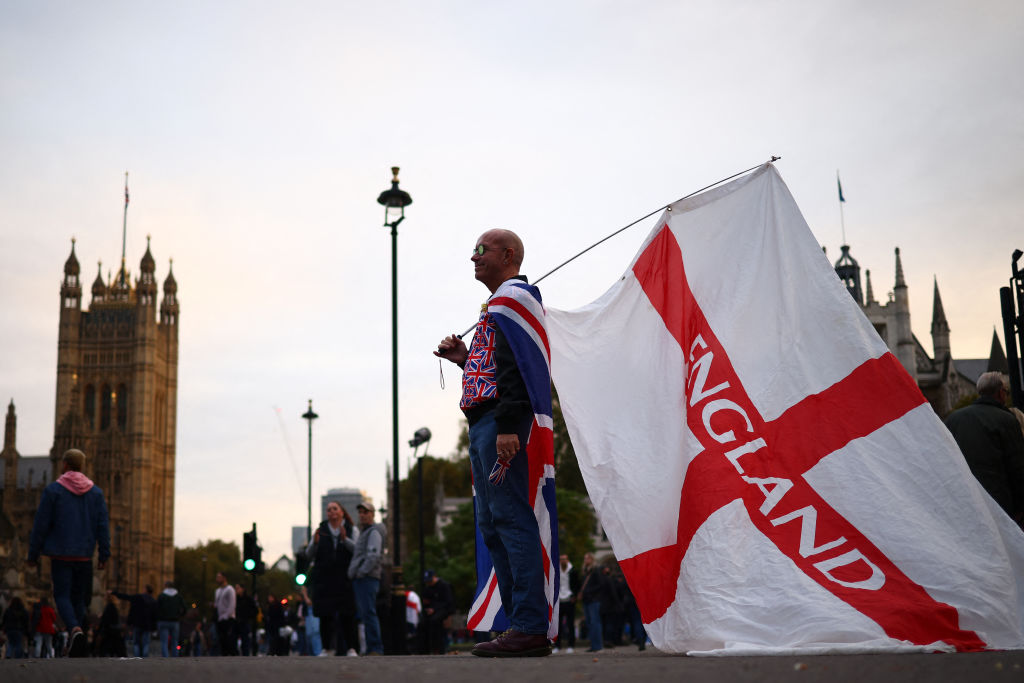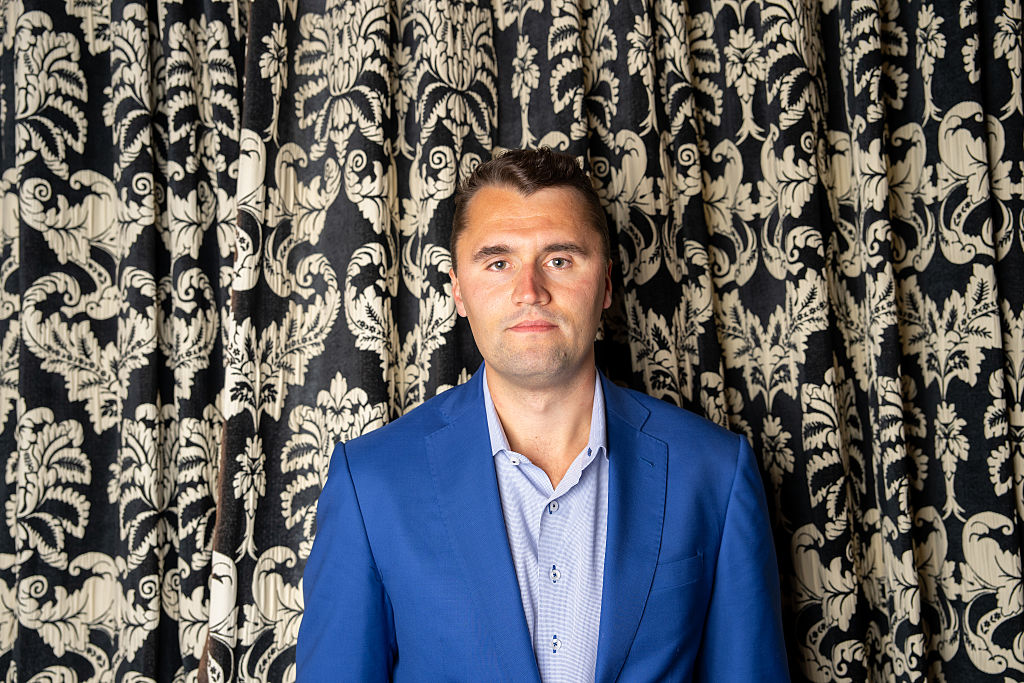The divide in the world’s largest Protestant denomination has widened beyond issues related to gay marriage.
Controversy in the Episcopal Church, the U.S. branch of the global Anglican Communion, over the revision of traditional marriage and the ordination of openly gay and partnered clergy and bishops is old news.
The new split centres on the role the archbishop of Canterbury plays in the Anglican Communion, which consists of churches, formally known as provinces, drawn largely upon national boundaries.
That was evident at the Global Anglican Future Conference, a confab of some 2,000 theological conservatives from 50 countries, held in Jerusalem. Among the attendees were leaders from the Anglican Church in North America, which separated from the Episcopal Church but remains unrecognised by the Anglican Communion.
The archbishop, whose formal seat is England’s medieval Canterbury Cathedral, has traditionally had primacy among the Anglican archbishops and bishops. However, Anglicanism doesn’t have a pope. As a result, individual provinces are autonomous in daily operation.
Once defined by common worship — it wasn’t long ago when congregants and clergy in each church used the same liturgy, said the same prayers and sung the same hymns every Sunday — the provinces of the Anglican Communion today have little in common beyond a historical connection to the Church of England.
In the case of the Episcopal Church, its legacy is shared between the English church of before the American Revolution and a rump of Scottish Anglicans who consecrated the first American bishops after independence severed all ties with the heretofore mother church.
Elsewhere, Victorian-era colonial missionaries planted churches, particularly in Africa and Asia, that today are among the most dynamic and rapidly growing provinces in Anglicanism writ large.
It shouldn’t then come as a surprise that the widening division includes a post-colonial element.
Today, the average Anglican is African and probably attends church somewhere in the former British colonies of Uganda and Nigeria. Despite this new reality the denomination remains largely defined by the countries where it is on life support.
The Church of England, established as the state church in England, counts 25 million members but has less than 750,000 congregants in the pews of its 16,000 churches every Sunday, according to news reports.
The situation is worse elsewhere in the United Kingdom. In fact, there are more Anglican churchgoers in Muslim Pakistan (500,000) than Scotland (44,280) and Wales (78,000) combined, according to numbers from the World Council of Churches. Meanwhile, the Church of Nigeria, which is hardly a household name, has over 18 million members.
What the churches of Africa don’t have is money. The Episcopal Church spent millions suing breakaway parishes and dioceses, but there is still plenty of money in the coffers to maintain influence abroad.
Nigeria’s archbishop of Abuja, the Most Rev. Nicholas Okoh, pointedly told attendees at the Jerusalem confab: “We do not accept that the office of Canterbury defines Anglicanism.”
What that means in practice, however, isn’t clear.
The Canterbury archbishopric enjoys ancient rights and privileges peculiar to the British constitution, which retains a feudal order of hereditary peers and prelates from the established church. In fact, the Most Rev. Justin Welby, the incumbent since 2013, sits atop the U.K.’s order of precedence ahead of every non-royal in the queen’s realm.
Okoh has already said he won’t participate in any meeting that includes the officially recognised Episcopal Church, including a major summit scheduled for 2020 of every Anglican bishop in the world.
Beyond the United States, others have recognised additional breakaway provinces, including most recently in Brazil, although the Anglican Communion’s bureaucracy is denying recognition.
Even if the selection of Welby’s eventual successor opened up — perhaps to the appointment of a bishop from abroad or merely giving worldwide Anglicans some say in the process — it’s difficult to see how that would actually work absent the complete disestablishment of the Church of England. And disestablishment is unthinkable, despite vast changes in British culture and societal attitudes toward religion since World War II.
It’s doubtful that making the archbishop’s appointment open to outside the Church of England would pacify Okoh and others.
That’s because there isn’t a pope to force doctrine upon the Anglican Communion’s autonomous provinces.
Sure, Welby could officially recognise the breakaway provinces already recognised by the prelates aligned with the Global Anglican Future Conference, but it’s difficult to imagine the Episcopal Church suddenly calling it quits and giving up its claim to Anglicanism.
If that happened all that would change is conservatives would be on the inside as opposed to the outside.
Dennis Lennox is a political commentator and freelance writer. Follow @dennislennox on Twitter.



